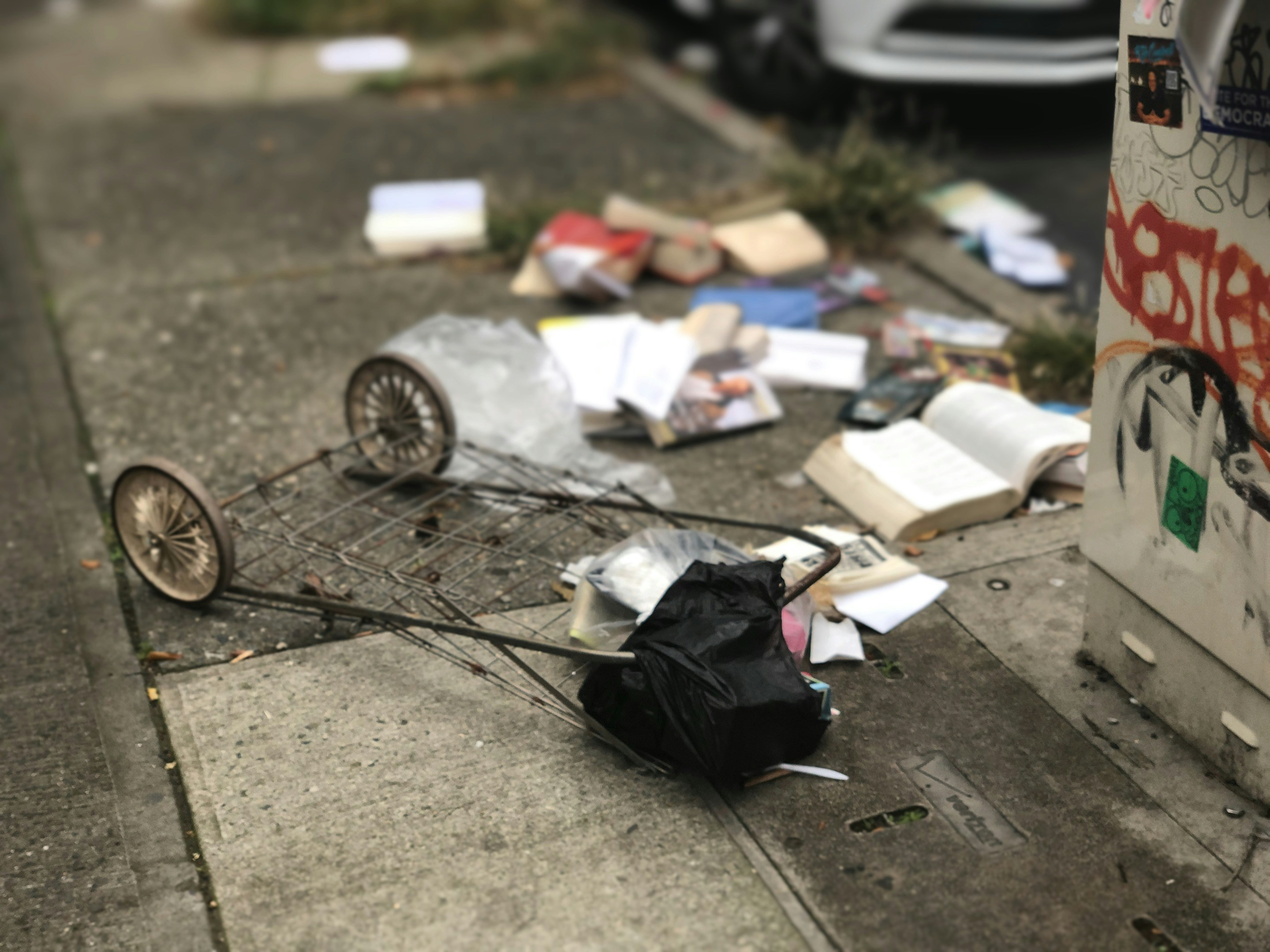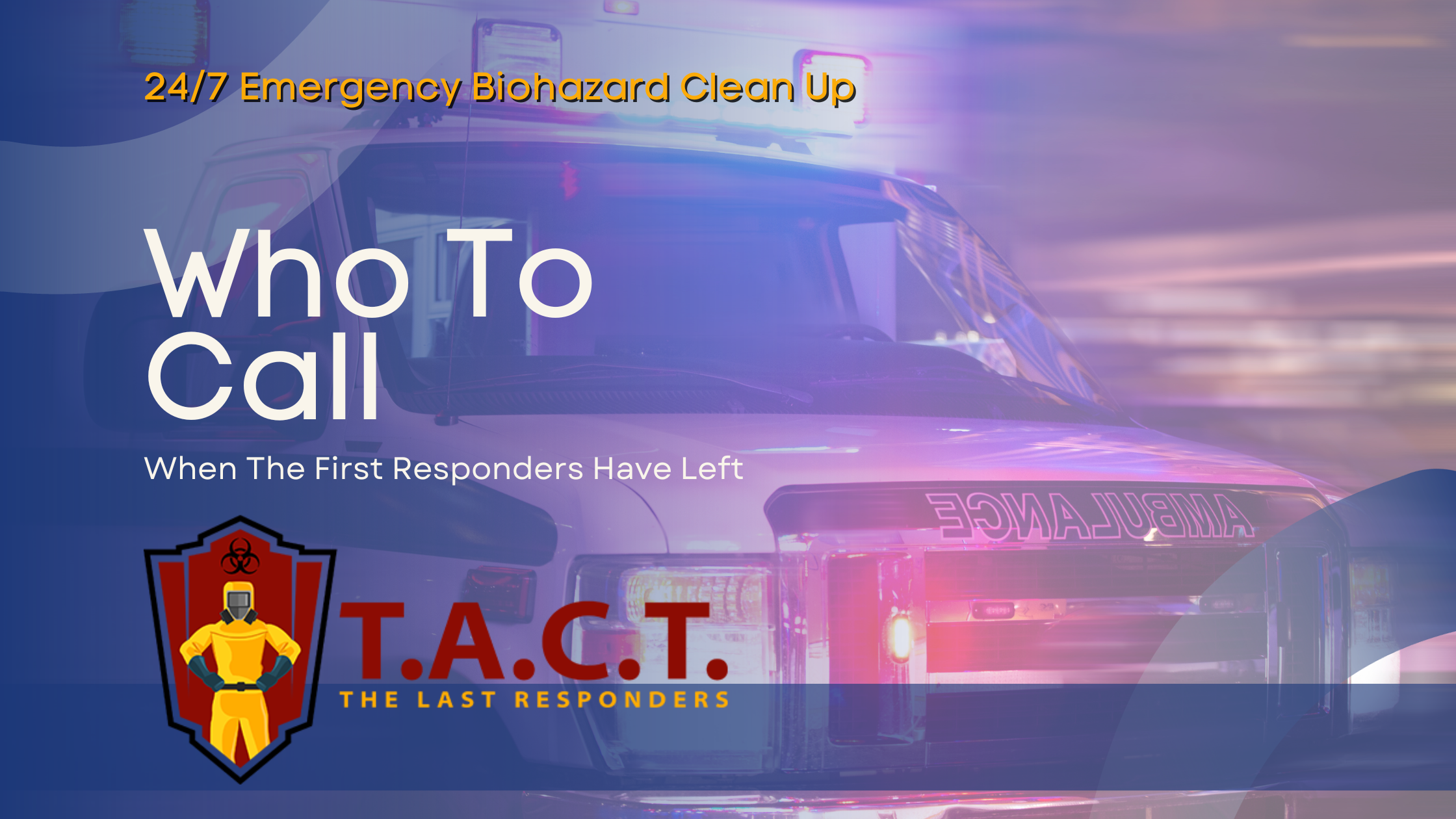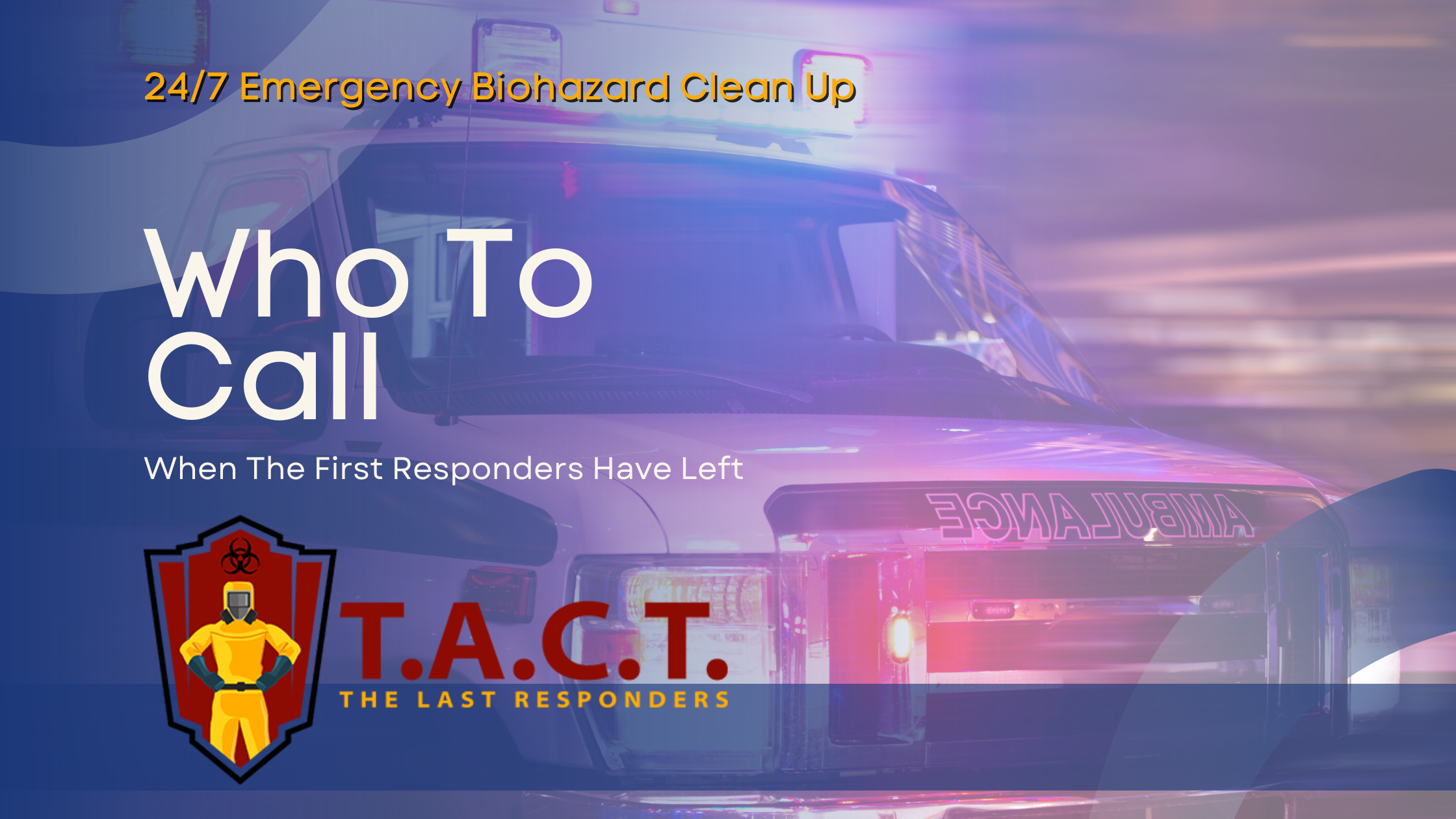How to Clean Up Blood

How to Clean Up Blood: A Guide for Crime Scene Cleaners and Homeowners
Blood spills can occur in various circumstances, from accidents at home to more complex crime scenes. Proper cleanup is not only critical for aesthetic reasons but also for health and safety. Blood can carry pathogens, which necessitate thorough and cautious remediation. Due to the sensitive nature of blood cleanup, it demands a serious, professional approach combined with a profound understanding of the emotional distress such incidents can cause.
This post aims to guide crime scene cleaners, homeowners, renters, forensic professionals, and first responders through the diligent process of blood cleanup while maintaining safety and upholding the respect due to the affected site.
Understanding Blood as a Biohazard
Blood is classified as a biohazard because it has the potential to transmit bloodborne pathogens, including Hepatitis B and C, and HIV. Given these risks, personal protection is paramount. Always wear protective gear such as gloves, goggles, and face masks when dealing with blood cleanup. If you're in a professional capacity, adhere to the Occupational Safety and Health Administration (OSHA) bloodborne pathogen regulations to ensure workplace safety.
Initial Steps for Blood Cleanup
Before starting the cleanup process, evaluate the area thoroughly. Note the extent of the spill and gather the required cleaning materials. For extensive spills, consider sealing off the area to restrict access and prevent contamination.
1. Documenting the Scene
Forensic professionals and first responders will need to document the scene if related to an investigation. Take careful measures to not disrupt any potential evidence.
2. Personal Safety Equipment
Always put on your personal protective equipment (PPE) before approaching any blood spill. These should include gloves, eye protection, and face masks.
3. Selection of Appropriate Cleaners
A broad-spectrum disinfectant, certified to kill pathogens, is recommended for blood cleanup. Never use a household cleaner that isn't verified to eliminate biohazardous material.
The Cleanup Process
1. Containment
Begin by focusing on containing the spill to a smaller area. Absorbent materials can be used to prevent the blood from spreading.
2. Cleaning
Once the spill is contained, remove all residues with a regulated waste bag. Carefully clean the surface with a disposable towel soaked in the disinfectant solution.
3. Disinfecting
After the initial wipe-down, spray the affected area thoroughly with the disinfectant. For effective pathogen elimination, follow the dwell time instructions as per the product's label.
4. Disposal
All contaminated materials, including PPE, towels, and absorbent materials, should be placed in biohazard bags. Consult local regulations for biohazardous waste disposal guidelines.
5. Deodorization
If necessary, use a professional-grade deodorizer to eliminate any residual odors, ensuring the area is restored to a neutral state.
6. Restoration
Depending on the damage, restoration may involve repainting or refinishing surfaces to return them to their former condition.
Professional Services
For significant blood spills, or if the situation is beyond your comfort or expertise level, enlist the services of professional biohazard cleaning companies. These services specialize in forensic restoration and have the training, experience, and equipment to safely handle blood cleanup tasks, including significantly traumatic scenes.
Relying on professionals ensures that the affected spaces are thoroughly cleaned, disinfected, and free from potential contagions — this is critical for peace of mind and safety. It would help if you underscored the professionalism and empathy such specialized companies bring to the cleanup effort, which may span beyond the physical cleaning and restoration to emotional support for those affected.
Conclusion
The clean up of a blood spill is undeniably challenging and distressing. Whether you're a professional in the field or managing an unexpected incident at home, understanding how to approach the cleanup process with precision and care is crucial. A thorough cleanup is not only a matter of restoring the physical space but also a way to facilitate the healing process for all involved, reflecting both compassion and professionalism.
Remember, if you are ever unsure or uncomfortable with a blood cleanup, do not hesitate to reach out to professionals who can manage the situation safely and respectfully.
Latest news

Delve into the essential stages of trauma scene cleanup in Atlanta, GA, providing insights into professional practices that ensure thorough restoration.
Read More
Learn why professional biohazard cleanup in Atlanta is crucial for safety. Discover the risks of DIY cleanup and the benefits of hiring certified experts.
Read More
